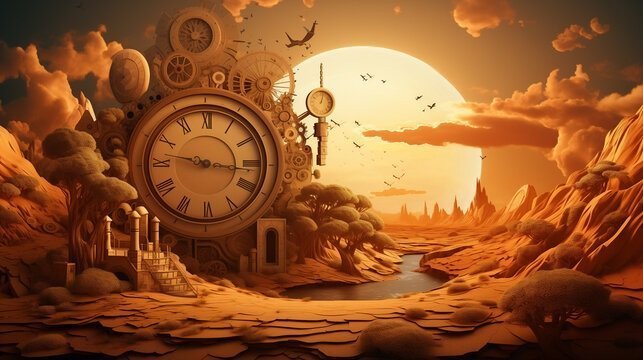Ancient Practices, Modern Relevance
Time is the ultimate constant, but how we measure it has evolved over millennia. In 2025, timekeeping is taking on new significance as technology and tradition intersect. If you think calendars are just tools for marking dates, think again—they’re deeply tied to culture, innovation, and even our understanding of the universe.
Ancient Timekeeping Meets Modern Tech
While ancient civilizations like the Mayans and Egyptians relied on celestial movements, 2025 is using satellites and quantum clocks to redefine precision. Atomic clocks are now accurate to the fraction of a second over billions of years, revolutionizing industries like GPS, telecommunications, and even financial markets.
The Return to Lunar and Solar Calendars
Global interest in sustainability and spiritual practices is driving a renewed appreciation for lunar and solar calendars. Cultures worldwide are reintroducing ancient systems to align life with natural rhythms. Whether it’s the Islamic Hijri calendar or the Chinese lunisolar calendar, these systems are gaining relevance in a tech-driven age.
Personalized Calendars for Productivity
AI is creating hyper-personalized calendars that don’t just track appointments but optimize your day for peak performance. By analyzing your habits, priorities, and energy levels, these tools make ancient time management principles relevant to modern life.
Timekeeping isn’t just a mundane task—it’s a bridge between our past, present, and future. In 2025, the way we measure and manage time is becoming a reflection of who we are and where we’re headed.



